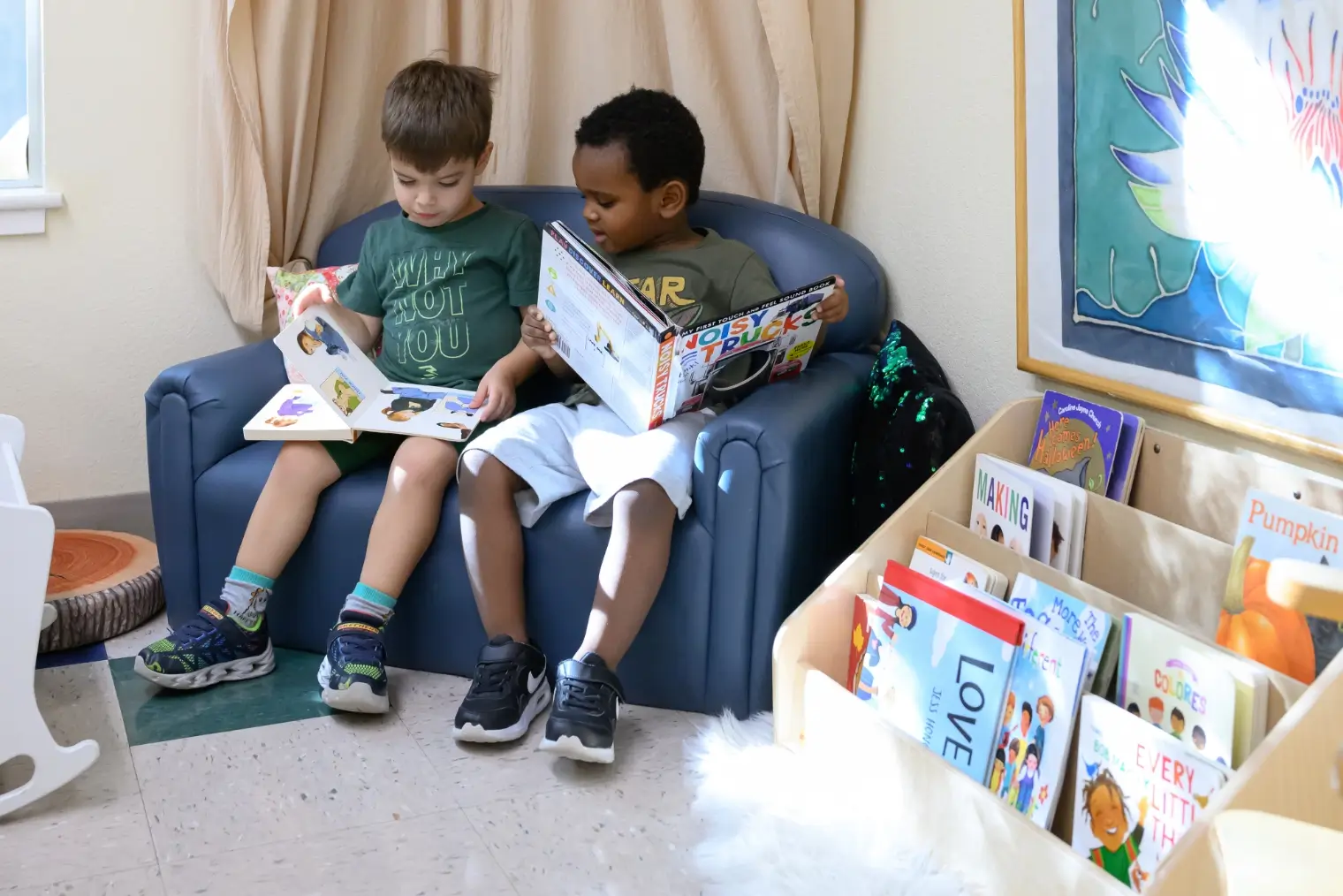July 5, 2022—When the American Montessori Society Board of Directors voted to make Inclusion and Equity a strategic priority of the organization in 2018, we knew we were embarking on a lifelong journey to not be silent in the face of oppression and inequality, but to actively be anti-bias and antiracist and create tools, policies, and systems that support these efforts on a global level.
One of our key indicators of this effort was impact. How would the actions and steps we take today impact equity in the greater Montessori Movement, tomorrow and into the future? Immediately, we chose to look at our teacher education programs and, specifically, what guides them—the AMS Teacher Education Handbook.
Thus as of July 1, 2022, the AMS Teacher Education Handbook now requires that all AMS-affiliated teacher education programs require 12 hours of Anti-bias, Antiracist (ABAR) training in their program.
New Language Added to the Teacher Education Handbook as of July 1, 2022:
Anti-Bias, Antiracist Course Content Hours: AMS is committed to advocating for equitable, anti-bias, antiracist, and culturally responsive Montessori education. All TEPs are expected to implement diverse, equitable, and inclusive practices. Teacher education programs in the United States are required to incorporate anti-bias, antiracist (ABAR) practices into their programs as a commitment to awareness and change. To support TEPs, course objectives at all levels have been updated to include language that supports culturally responsive teaching and learning that strengthens ABAR education (See Section 6 of this handbook). All U.S.-based teacher education programs are required to dedicate at least 12 of their current instructional hours to ABAR education by June of 2023. The ABAR content must be embedded into required course content.
i. Programs outside the United States will increase awareness of culturally inclusive, diverse, and equitable practices through their course content.
This is a groundbreaking and important act as the leading Montessori organization in the United States and a leading Montessori voice internationally, and we hope that by taking this stance, other organizations will follow and we will guide the global conversation about how we create inclusive and equitable spaces.
“These additions encourage future Montessori teachers to create prepared environments in which all children, adolescents, and families feel welcomed to bring their whole, authentic selves. The impact of this cannot be overstated,” said Gina Lofquist, AMS senior director of education and strategic initiatives.
AMS currently has 101 affiliated teacher education programs across 222 program levels. Our global reach includes nine countries and over 2,300 adult learners each year. All of these adult learners will now graduate with a greater understanding of ABAR principles.
While policies are important, we know that their implementation is even moreso. As such, we encourage anyone with questions about the new handbook additions or their implementation to reach out to AMS executive director, Munir Shivji, at mshivji@amshq.org to learn more.


